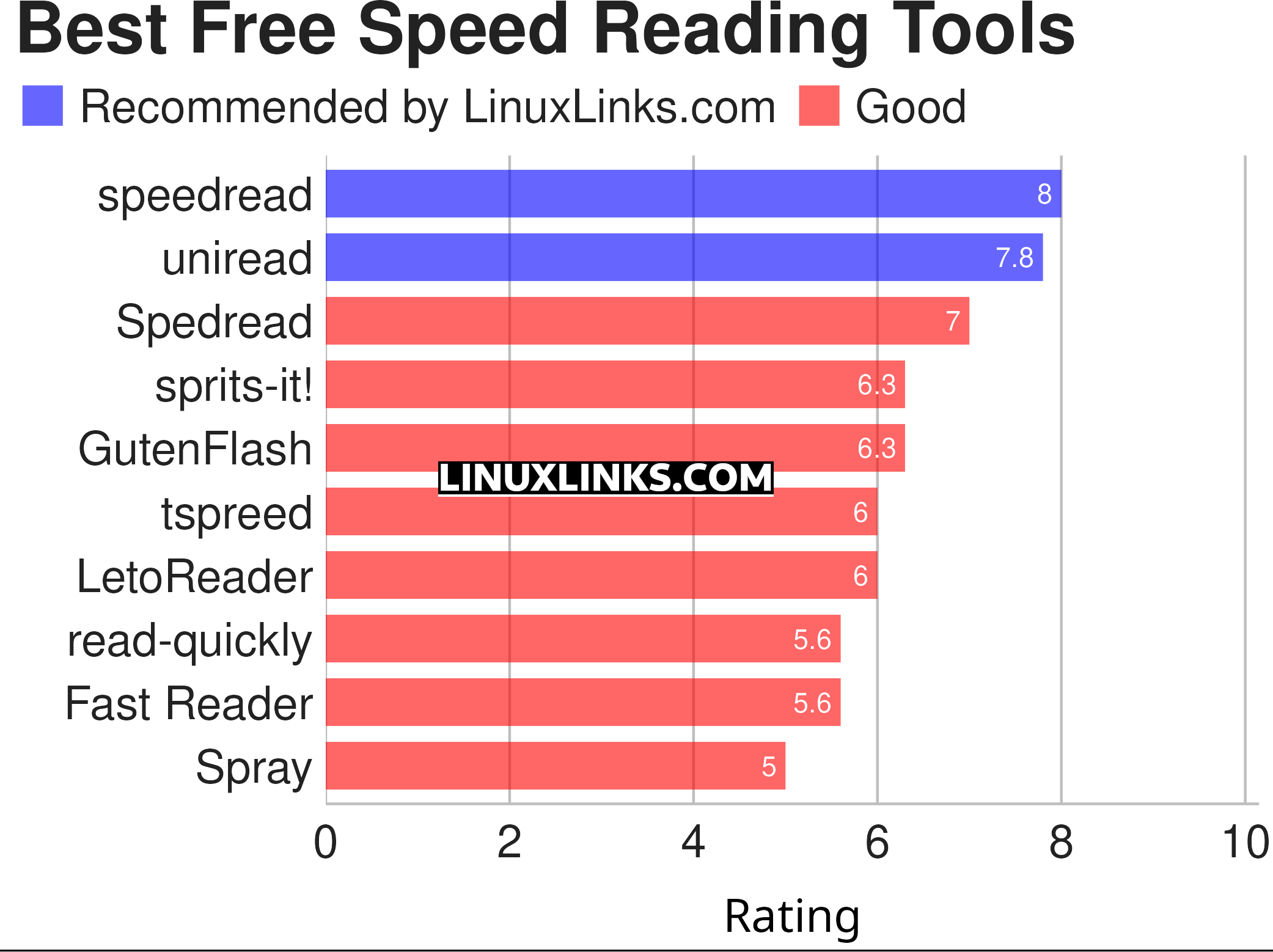The idea of speed reading was invented by an American schoolteacher named Evelyn Wood.
There’s a few different approaches when it comes to speed reading. Spritz technology is based on the notion that much of the time spent in reading text is taken by the eye’s focus moving between words and across the page. According to Spritz, spritzing is defined as reading content one word at a time with the optimal recognition point (ORP) positioned inside of their custom “redicle”. After your eyes find the ORP, your brain starts to process the meaning of the word that you’re viewing. The concept of speed reading in this context is simple: slice a text into individual short segments, like a word.
The software featured in this group test is based on spritzing. Read text without moving your eyes, and therefore rapidly increase your reading speed. Unlike other reading techniques, you don’t need to rewire your brain to work more efficiently.
Reading speed is obviously going to depend on factors such as readers’ skills and goals and whether they are reading Albert Einstein’s theory of special relativity, or The Tale of Peter Rabbit. With this technology, you should be able to read simple passages at rates higher than 500 words per minute.
We make our recommendations captured in a legendary LinuxLinks-style ratings chart.

Explore the 10 speed reading tools at hand. Click the links in the table below to learn more about each tool.
| Best Speed Reading Tools | |
|---|---|
| speedread | Simple terminal-based open source Spritz-alike |
| uniread | Spritz-like CLI fast reader with support for EPUB, TEXT, and PDF |
| Spedread | GTK speed reading software |
| sprits-it! | Speed-reading of web pages in a browser |
| GutenFlash | Streaming text reader |
| tspreed | Terminal-based RSVP speed reader |
| LetoReader | Self-hostable speed reader |
| read-quickly | Read plain-text files in blazing speed |
| Fast Reader | Read text quickly and effectively |
| Spray Speed Reader | JavaScript-based speed-reading tool |
This article has been revamped in line with our recent announcement.
 Read our complete collection of recommended free and open source software. Our curated compilation covers all categories of software. Read our complete collection of recommended free and open source software. Our curated compilation covers all categories of software. Spotted a useful open source Linux program not covered on our site? Please let us know by completing this form. The software collection forms part of our series of informative articles for Linux enthusiasts. There are hundreds of in-depth reviews, open source alternatives to proprietary software from large corporations like Google, Microsoft, Apple, Adobe, IBM, Cisco, Oracle, and Autodesk. There are also fun things to try, hardware, free programming books and tutorials, and much more. |
